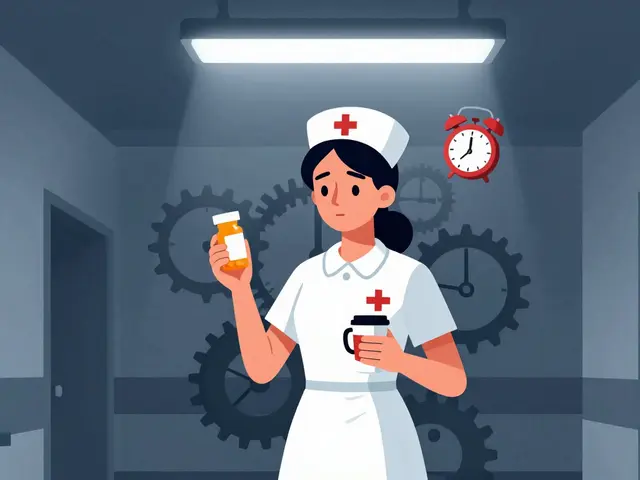Pregnancy Medication Guide: What’s Safe and What to Avoid
Finding out you’re pregnant flips your medication checklist upside down. Suddenly every pill, supplement, or over‑the‑counter product needs a second look. The good news? You don’t have to guess—there are clear rules that help you stay safe while still treating everyday aches.
How to Decide if a Drug Is Pregnancy‑Safe
The first step is checking the drug’s pregnancy category. In the U.S., the FDA uses labels like A, B, C, D and X. Category A means solid studies show no risk; B means animal tests are clean but human data is limited; C means risk can’t be ruled out; D signals proven risk that might still be worth using if benefits outweigh it; X means a drug should never be taken while pregnant.
When you see a prescription, ask your doctor or pharmacist which category it falls into. If the label isn’t clear, look for reputable sources such as the Drugs and Lactation Database (LactMed) or the UK’s Electronic Medicines Compendium. These sites break down safety data in plain language.
Common Medications You’ll Likely Need
Pain relievers: Acetaminophen (Tylenol) is generally safe throughout pregnancy. NSAIDs like ibuprofen or naproxen should be avoided after 20 weeks because they can affect the baby’s heart and kidneys.
Allergy meds: Second‑generation antihistamines such as loratadine (Claritin) or cetirizine (Zyrtec) are considered low risk. First‑generation options like diphenhydramine (Benadryl) can cause drowsiness but are still okay when needed.
Acid reflux: Antacids containing calcium carbonate (Tums) work well. If you need a stronger prescription, ranitidine was pulled from the market; instead ask about famotidine, which is categorized as B.
Constipation: Fiber supplements and stool softeners like docusate are safe. Stimulant laxatives should be used only under doctor supervision.
Mental health: This one’s tricky. SSRIs such as sertraline (Zoloft) fall into category C but many doctors continue them because the risk of untreated depression can be higher than the medication risk. Never stop an antidepressant without a professional plan.
Blood pressure: Labetalol and nifedipine are common choices. ACE inhibitors (like lisinopril) belong to category D and should be stopped as soon as pregnancy is confirmed.
Supplements You Can Trust
Prenatal vitamins aren’t optional—they fill gaps in nutrients like folic acid, iron, and DHA that are crucial for baby’s development. Stick to a reputable brand and avoid mega‑doses of any single vitamin unless your doctor says otherwise.
If you’re considering herbal remedies (e.g., ginger for nausea), look for clinical evidence. Ginger in moderate amounts is fine, but high doses of St. John’s wort can interfere with many prescription drugs and should be avoided.
Practical Tips for Managing Meds While Pregnant
1. Keep a list: Write down every medication, supplement, and even over‑the‑counter product you take. Show this list at each prenatal visit.
2. Ask before you buy: Online pharmacies can be tempting, but double‑check they require a valid prescription for anything beyond basic pain relievers.
3. Watch for changes: If a drug that was safe early on suddenly feels off later in pregnancy, call your healthcare provider—dosage adjustments might be needed.
4. Don’t self‑diagnose: Symptoms like headaches or heartburn are common, but treating them with random meds can cause more harm than good.
5. Stay updated: Guidelines evolve; a medication safe in 2020 might get re‑classified later. Follow reputable health sites and your doctor’s advice.
Pregnancy isn’t the time to gamble with unknown pills, but it also doesn’t mean you have to suffer silently. With the right info and a trusted medical team, you can manage pain, allergies, mental health, and more while keeping both you and baby safe.





